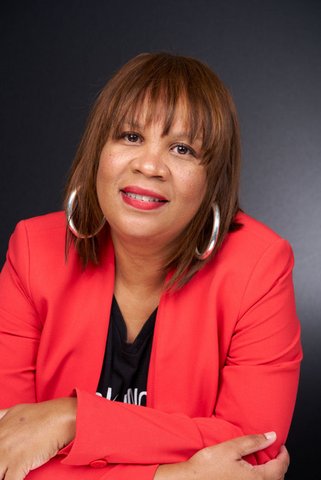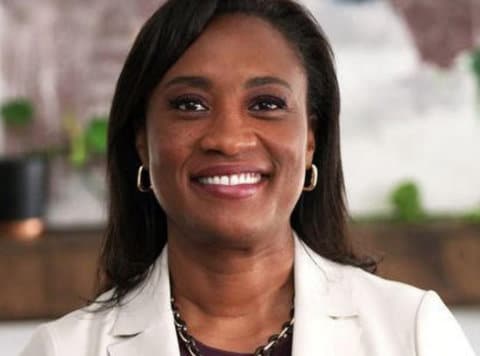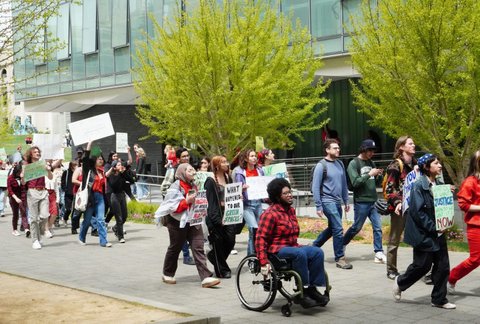
29 Jul Op-Ed: Can You Hear Us? Our Pain Is Real

Kellie Todd Griffin | Special to California Black Media Partners
The voice of the oppressed has never been a whisper. It has always been present — loud, persistent and demanding to be heard. But the truth is, far too often, it has been ignored. That voice is echoing across California today, carried by Black communities who are calling out generations of systemic harm.
Being polite isn’t working anymore.
California is often hailed as a liberal, progressive beacon — but for many Black Californians, that image doesn’t reflect reality. Beneath the glossy politics, our everyday experience tells a harsher truth: we are struggling. Deeply. Consistently.
Black Californians are more likely to live in poverty, be unemployed, be unhoused, and die prematurely from preventable health conditions. We are paid less, live shorter lives, and carry heavier burdens — all while being expected to stay quiet, stay patient, and stay hopeful.
Let me be clear: We are sick and tired of being sick and tired — to echo the words of Queen Fannie Lou Hamer.
California’s own state-commissioned Reparations Report spans over 1,100 pages and meticulously details how the state has inflicted generational harm on its Black residents — from redlining and housing discrimination to unjust policing, mass incarceration, inequitable education, and health disparities. It is not new information to us. But it is now documented, undeniable, and urgent.
So why, despite this evidence, does it feel like we are still fighting to prove our pain is real?
More than 2 million Black people live in California. Yet in cities like Los Angeles and Oakland, we make up the largest portion of the unhoused population despite being among the smallest racial groups. Black women in California earn just $.61 for every dollar a white man earns. It will take until 2227 to close that gap. Yes, you read that right – almost 200 more years.
Our children are suspended at higher rates, underrepresented in gifted programs, and receive fewer mental health supports. Only 34% of Black households own their homes compared to 64% of white households. Black workers are overrepresented in essential but underpaid jobs — healthcare support, public transportation, retail — roles that kept this state functioning through a global pandemic but now receive little recognition or reward.
Black women are three to four times more likely to die from pregnancy-related complications than white women in this state. And our youth — the ones we are trying desperately to protect and uplift — experience the highest suicide rates among their peers. The physical, emotional, and economic toll of being Black in California is more than unjust. It is unconscionable.
The voices rising in response are not unruly. They are righteous. They are not disruptive. They are demanding accountability. We are not mad just to be mad. We are mad because we have been ignored, dismissed, and disregarded for far too long.
A radical shift is needed. Not tomorrow. Not when it’s politically convenient. Now.
This shift must be reflected in public policy, in how budgets are crafted, and in how decisions are made at every level — state, county, city, and neighborhood. We need investment, not platitudes. We need equity, not equality. And we need leaders who are willing to stand up, listen, and act.
We are not waiting for permission to speak up. We are building coalitions, power building, and amplifying our lived experiences across the state. Because when we speak, we speak for generations past, present, and future.
To paraphrase, the Rev. Dr. Martin Luther King, Jr. an uprising is the language of the unheard.
The time is now for you to hear us!
This commentary was written in response to the release of State of Black Los Angeles Report and the ongoing California Legislative Black Caucus reparations efforts.
About the Author
Kellie Todd Griffin is the President & CEO of the California Black Women’s Collective Empowerment Institute. With a deep commitment to equity and justice, she champions initiatives that amplify the voices and influence of Black women across California. Known for her strategic insight and passion for community empowerment, Kellie is a driving force in fostering systemic change and collective progress.






No Comments